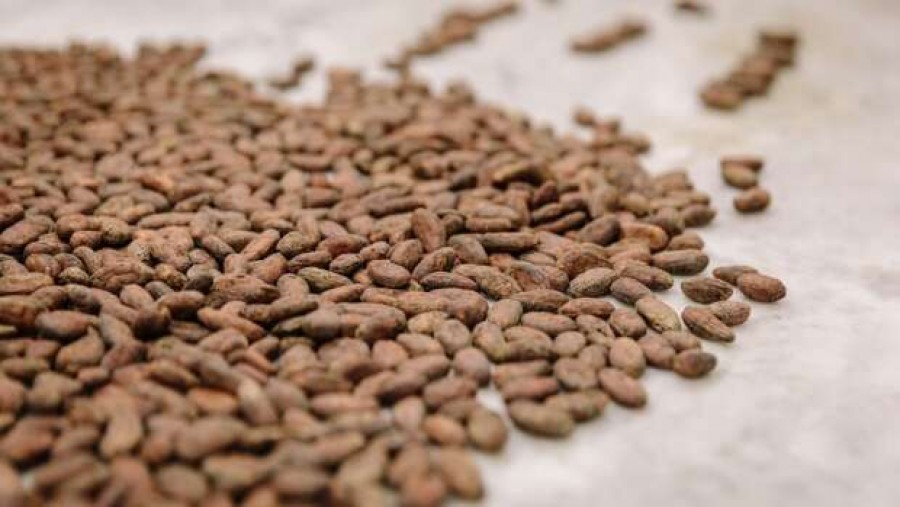Cocoa prices Wednesday sold off sharply for a second day, with NY cocoa posting a 3-1/2 week low and London cocoa posting a 6-1/2 month low. Rain in West Africa has boosted the prospects for the region’s cocoa crops and is hammering cocoa prices.
Cocoa prices were also undercut by last Wednesday’s news that Nigeria’s July cocoa exports jumped +31% y/y to 17,456 MT. Nigeria is the world’s sixth-largest cocoa producer.
Last Monday, NY cocoa rallied to a 2-1/4 month high due to concern that excessively dry conditions in West Africa could curb the region’s cocoa production. Forecaster Maxar Technologies said last week that top cocoa-producing countries Ivory Coast and Ghana had seen a “significant decrease in shower activity” over the past month, leading to below-normal soil moisture and limited crop growth.
Lower cocoa production in the Ivory Coast, the world’s largest producer, is bullish for cocoa prices. Government data Monday showed that Ivory Coast farmers shipped 1.70 MMT of cocoa to ports from October 1 to September 1, down by -28% from the same time last year.
Tighter US cocoa supplies are also supportive of prices. ICE-monitored cocoa inventories held in US ports fell to a 15-year low Wednesday of 2,452,220 bags.
Cocoa also has support after Ghana’s Cocoa Board (Cocobod) cut its 2024/25 Ghana cocoa production estimate on August 20 to 650,000 MT from a June forecast of 700,000 MT. Due to bad weather and crop disease, Ghana’s 2023/24 coca harvest sank to a 23-year low of 425,000 MT. Ghana is the world’s second-biggest cocoa producer, and its 2024/25 cocoa harvest begins in October.
An increase in cocoa production by Cameroon, the world’s fifth-largest cocoa producer, is bearish for cocoa prices. On August 21, Cameroon’s National Cocoa and Coffee Board reported that 2023/24 (Aug/July) Cameroon cocoa production rose +1.2% y/y to 266,725.
Cocoa prices have been supported by better-than-expected cocoa demand. The National Confectioners Association reported on July 18 that North America Q2 cocoa grindings rose +2.2% y/y to 104,781 MT, stronger than estimates for a slight decline. Also, the Cocoa Association of Asia reported on July 18 that Asian Q2 cocoa grindings fell -1.4% y/y to 210,958 MT, a smaller decline than expectations of -2.0% y/y. The European Cocoa Association reported on July 11 that Q2 European cocoa grindings unexpectedly rose +4.1% y/y to 357,502 MT, versus expectations of a -2% y/y decline.
In a bullish factor, the International Cocoa Association (ICCO) on Aug 30 raised its 2023/24 global cocoa deficit to -462,000 MT from a May forecast of -439,000 MT. ICCO also cut its 2023/24 cocoa production estimate to 4.330 MMT from a May estimate of 4.461 MMT. In addition, ICCO projects a 2023/24 global cocoa stocks/grindings ratio of a 46-year low of 27.4%.
source: norvan report
